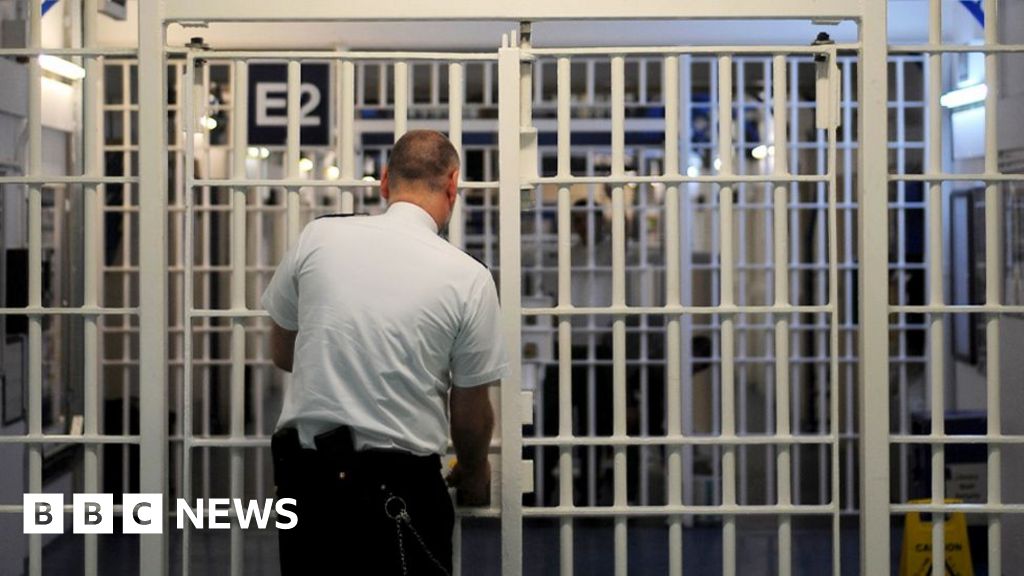The government is to release 1,100 more prisoners early, as part of its strategy to ease overcrowding in jails in England and Wales.
People convicted of murder, sex crimes or terrorism will not be eligible, but those serving a sentence of more than five years will now qualify for early release. Most of those being released on Tuesday will come from open prisons.
The scheme began in September and is expected to create some 5,500 extra prison places.
Tuesday’s early releases come as the BBC confirmed former Conservative Justice Secretary David Gauke is to lead a major review of prison sentencing.
Speaking to the BBC, Mr Gauke said for three decades, “governments of all colours have been very quick to announce new and longer prison sentences, and not so quick to expand prison capacity”.
“It is the case that the prison population is growing faster than we can build prisons,” Mr Gauke said.
It is understood scrapping short prison terms is among a number of ideas set to be considered, alongside rehabilitating long-term prisoners, and increasing the role played by technology – including electronic tagging.
The review is expected to submit its findings to the government by spring 2025.
Justice Secretary Shabana Mahmood described it is an opportunity to “reshape and redesign what punishment outside of a prison looks like”, but added: “there is always a cell waiting for dangerous offenders”.
One of Labour’s first acts after winning the election was to implement the early release scheme, drawn up by the previous government.
Under the initiative, prisoners can be let out if they have completed 40% of their sentence, rather than 50%, as was previously the case.
The first set of early releases under this strategy came in September, when 1,700 offenders left prison, reducing the overall prison population to 86,333.
At the time prisons were dangerously close to full capacity, with sources telling the BBC there were only 80 vacant spaces remaining across the male estate at one point during the summer.
The current prison population is 87,465, with 1,671 vacant places remaining.
However, there were some serious mistakes by the government.
Some people who should not have been released were set free. Thirty-seven inmates whose sentences had not been properly logged were let out in error. The Ministry of Justice (MoJ) says they have now all been returned to custody.
The BBC discovered some released offenders who should have been fitted with an electronic tag to monitor their movements had not been fitted with the device.
Critics have previously voiced concerns about the scheme’s impact on public safety, with a probation union warning it amounted to “moving the problem from one place to another without properly assessing the risks”.
In October, ministers announced magistrates would be given extra powers in an effort to ease record delays to criminal trials, enabling them to hand down 12-month sentences for a single offence.
Magistrates in England and Wales have historically been limited to sentencing offenders to a maximum of six months for a single offence.
However, the Criminal Bar Association was concerned it would “sharply increase” the prison population – because some defendants would opt for a trial rather than receiving a 12-month jail sentence.
It said this would mean adding their cases to the existing backlog in the crown courts.
